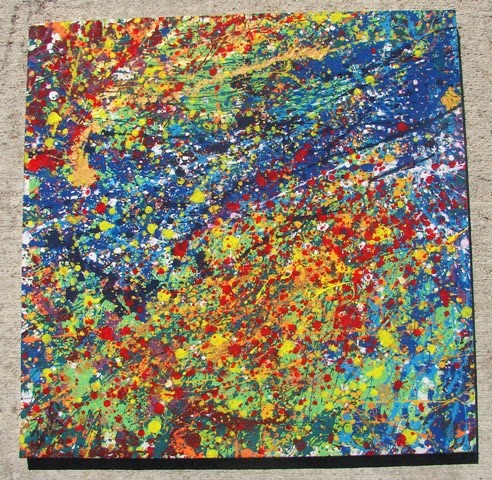Easy Spelling Tricks for Those Sneaky Words That Sound the Same
It is no surprise to those close to me that I am inherently lazy. No need to do something the hard way if you can find an easy way to get it done. It drives my quilting instructor absolutely crazy! ;)
Therefore, it should be no surprise that I've worked out some spelling tricks for those sneaky words that sound the same but are spelled differently. Keep these little tidbits at the back of your mind and you'll always use the correct spelling, effortlessly writing like a boss!
Stationery vs Stationary
Are you talking about keeping still, or needing to requisition some supplies? The trick to remembering the spelling is in a couple of keywords: "pen" and "standing".
Then: stationEry = pEn and stationAry = stAnding
Examples:
My stationery list included a new set of elastic bands to snap at my colleagues' ankles.
The leopard crouches, stationary in the grass, waiting for its prey.
Grey vs Gray
This one is laughably easy. The correct spelling is determined by country.
If you are in America = grAy and if you are in England = grEy
I kid you not!
Examples:
America is likes red and blue more than gray
British skies are often grey
Baited vs Bated
I cannot tell you how many times I've read that somebody is waiting for something with baited breath and the desire to offer them a TicTac is sooooo strong! Here's how to get it right every time.
Bait is something you use to set a trap, like a worm on a hook to catch fish. So if you're talking about bait, think of fish. Both have an "i" in the spelling.
If you're not talking about fish, worms, or how to catch men, please use "bated". It sort of means "to hold your breath", as you would if you were nervous, afraid, or excited.
Examples:
He baited the line with a fresh wiggling worm while she hurled her lunch over the side of the boat.
She watched with bated breath as the director signed her name on the movie contract.
To vs Too
It is so distracting to see too when it should be to, and bad spelling too!
LOL.
"Too" is used when there is an excess of something; consider it a kind of "plus one". So if you're trying to add yourself in agreement, think of yourself as plus one: "me too." If you're asking for an additional item from the grocery store, it's a plus one: "get red berries, and green ones too!" If the bus is full and there is still a queue of folks waiting to get on, it's a bus load plus one (or plus many): "too many passengers." Always ask yourself, "could I use 'plus one' here to get my idea across?" If the answer is yes, use too, because it is "to" plus one "o".
Examples:
Get me to the church on time!
Let me have one too!







Comments
Post a Comment
Hey, got something to say? Hated it? Loved it? Different opinion? Tell me!